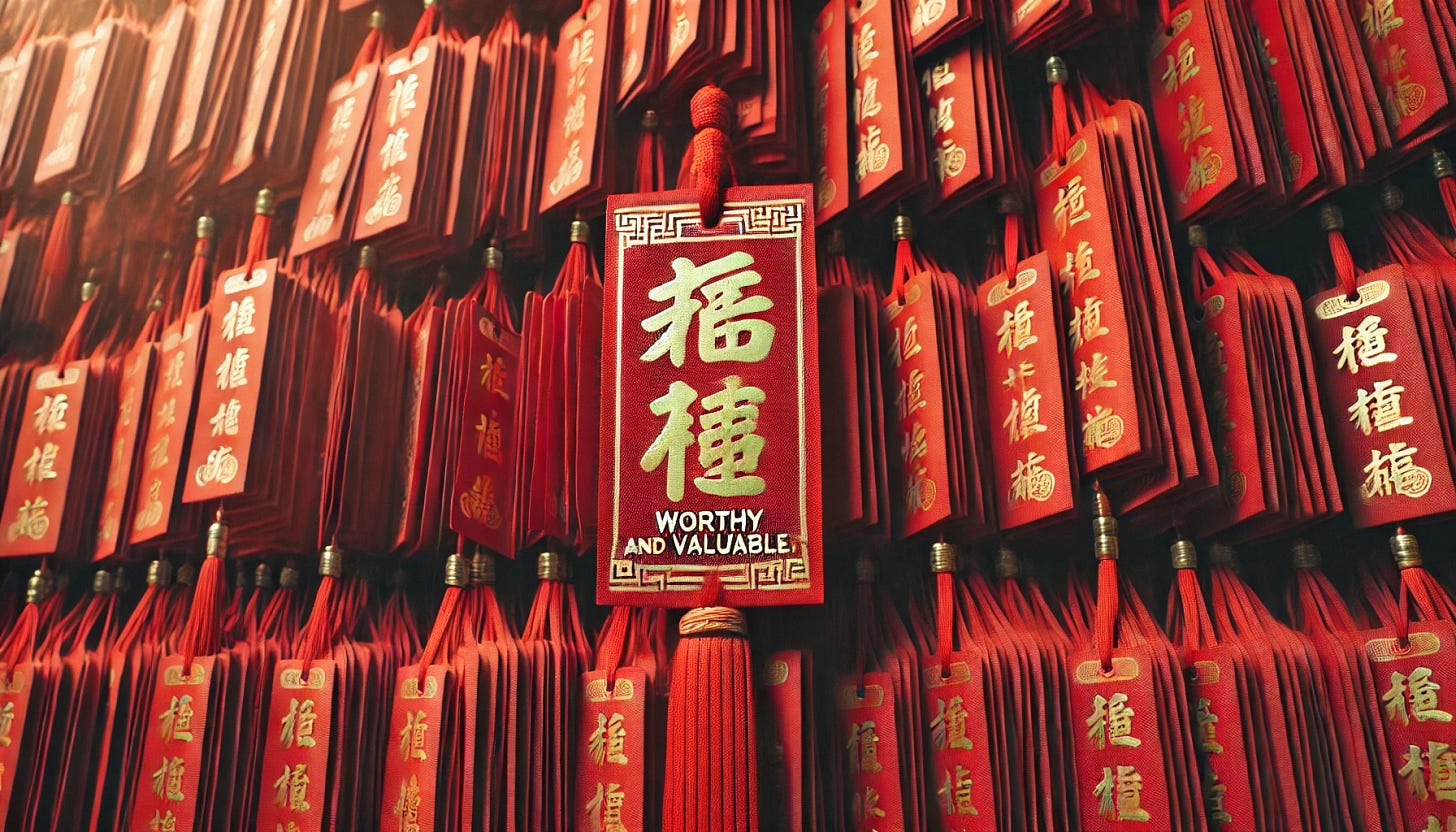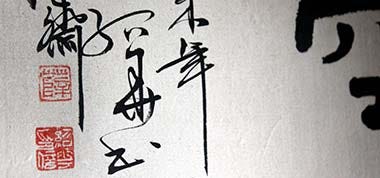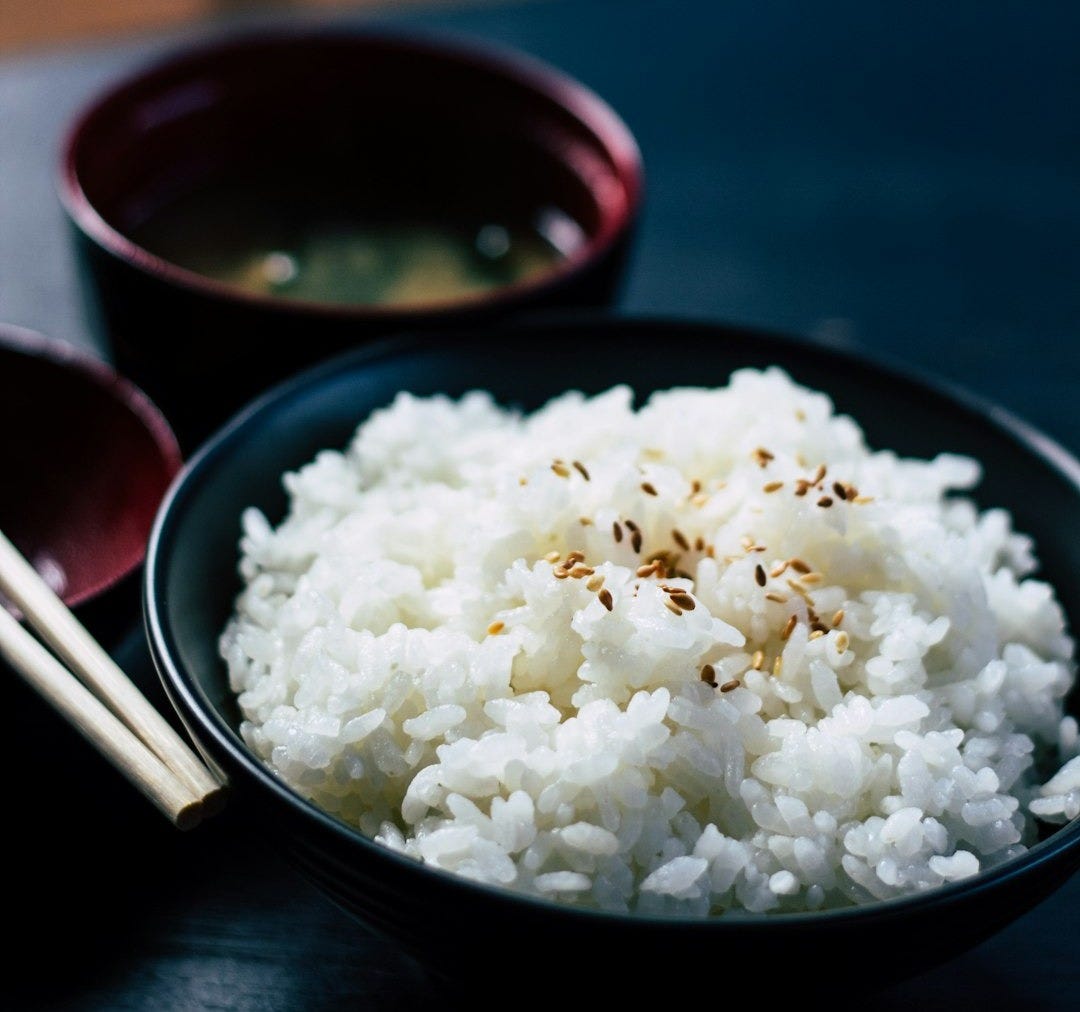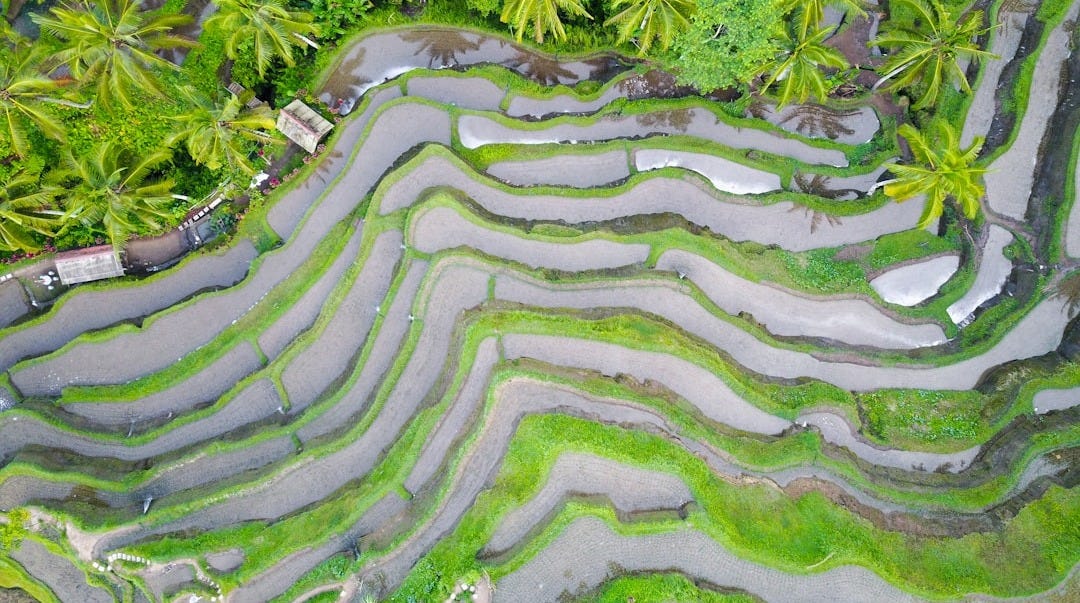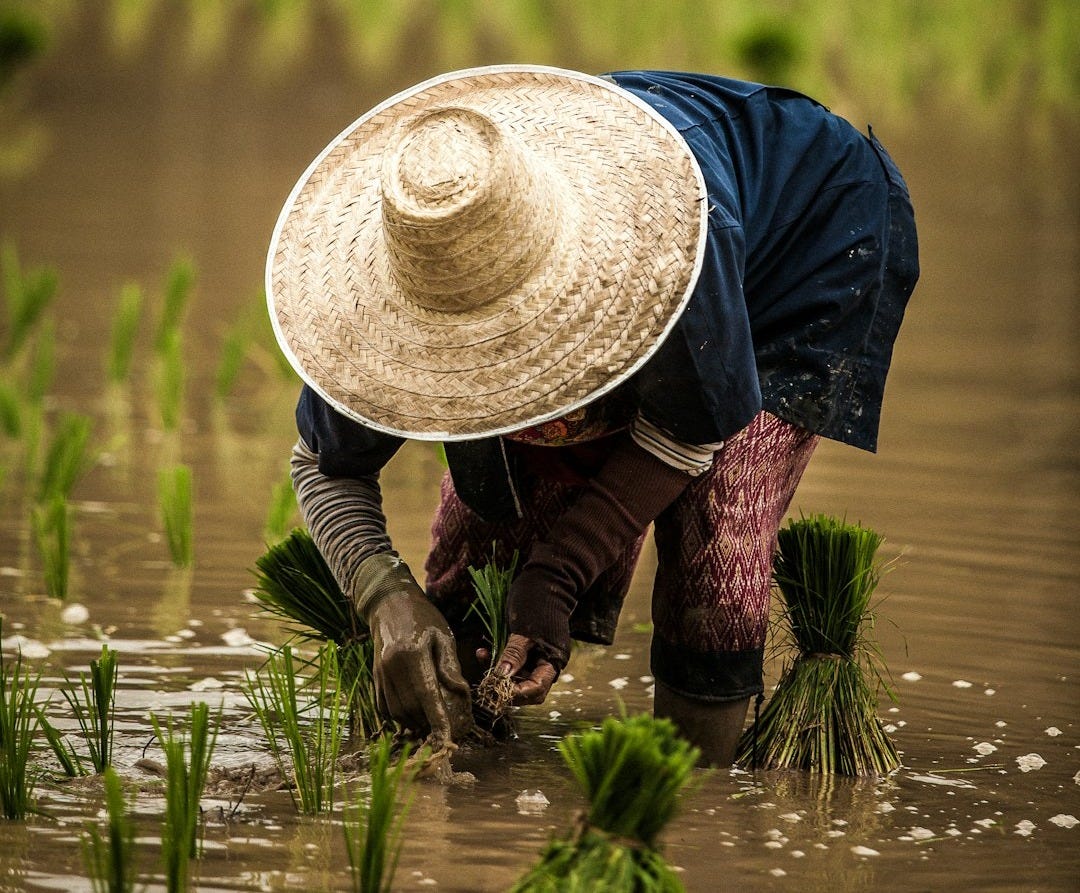Inherent Worth
Guiding the Inner Child Beyond Conditional Value
"I am valuable simply because I am. My worth is my birthright, a light within that needs no justification, achievement, or external validation. In the eyes of the Tao, I am already complete, just as rivers flow and mountains stand, needing no approval to exist as they are."
In the teachings of Taoism and Wu Wei Wisdom, there lies a subtle yet powerful truth: our worth is not tied to achievements nor subject to temporary opinions. Instead, our value is intrinsic, embedded in the core of who we are. Many find a sense of peace and liberation in this understanding. However, this concept can seem foreign and elusive for the Inner Child, that tender part of us that longs for acceptance. From an early age, we are conditioned to believe that our worth must be earned and that we must achieve or prove ourselves to be deemed "good enough." This belief often traps us in an endless cycle of striving and disappointment. For instance, we may constantly push ourselves to achieve more at work or in our personal lives, only to be let down when our efforts don’t bring the validation we hoped for.
Instead, let's explore a gentler truth: our worth is inherent and unconditional. By embracing this wisdom, we allow the Inner Child to stop chasing approval and release the need to meet external standards. We create a sanctuary for genuine self-acceptance where lasting peace can flourish.
Unconditional Worth: You Are Enough, Just as You Are
The Inner Child learns early on that value seems tied to performance, praise for high grades, approval for accomplishments, and acceptance for meeting expectations. The message becomes clear: worth must be earned. As adults, we often carry this pressure to achieve, impress, and constantly seek validation. This cycle of earning and proving can become exhausting, leaving us feeling like we are never quite enough.
But the Tao whispers a different message. According to the Tao Te Ching, we do not need to achieve anything to be worthy; we already are. It reminds us that the universe flows effortlessly without needing validation, and so should we. Like rivers flowing and mountains standing tall, our existence proves our worth. We are as essential to the universe as each wave is to the ocean.
If you resist the affirmation, “You are valuable simply because you exist,” it is as if a midwife cradles a newborn, calling out, “Can somebody give this baby worth and value?” The answer is clear: worth already resides within. This is an invitation to let go of the old, exhausting belief that worth must be earned through endless striving. Imagine the Inner Child, once weary from trying to prove itself, now resting and hearing that its value can never be questioned. In embracing this truth, the Inner Child can release the heavy burdens of proving, performing, and perfecting. Instead, it can discover the simple peace of just being.
Just as the newborn is valuable by the mere fact of its existence, so too is the Inner Child. Your worth is intrinsic and unconditional, deserving of self-love simply because you are here. Recognise that, like the newborn, your value has always been within you, needing no justification.
Releasing the Need to Prove: Resting in Your True Nature
Once we understand our inherent worth, we realise it cannot be amplified by praise or diminished by criticism. Yet, years of conditioning make it difficult for the Inner Child to let go of these old patterns. It is like stepping off a treadmill that has been running for years; the momentum may seem overwhelming. To step off, start by pausing and acknowledging your emotions without judgment. Take small, deliberate actions honouring your well-being, such as practising mindfulness and setting healthy boundaries with the foundation of truth, honesty and integrity. Over time, these steps help slow the momentum and bring you back to a calm place. We can guide the inner child to release this need and prove itself with compassion and patience.
The I Ching offers valuable insight here. Hexagram 2, known as “The Receptive” or “K’un,” speaks to the power of yielding, allowing and receiving. In the I Ching, Hexagram 2 represents the energy of openness and support, emphasising the importance of being receptive to life as it unfolds. It teaches that true wisdom lies in receptivity, fully being oneself without adding or taking away. As the Inner Child embraces this principle, it discovers that growth does not come from striving but from allowing. This shift opens a doorway to inner peace and calm, enabling the Inner Child to recognise, “I don’t need to perform to be valued, nor do I need to seek approval to feel complete.”
telling your Inner Child, “Your worth is independent of your actions, achievements, and others’ opinions.” How would it feel to believe this honestly? This statement invites the Inner Child to relax and discover its true nature. The journey to embracing this truth is not about abandoning goals or giving up on dreams; instead, it is about understanding that our worth is not contingent upon achieving them. By affirming our unconditional value, we allow our dreams to grow from a place of joy, not from striving for acceptance.
Affirming Inherent Worth: Walking the Path of Authenticity
Realising our inherent worth is a journey of daily commitment and gentle self-reminders. Simple practices like starting each morning with an affirmation or journaling about your intrinsic value can help reinforce this understanding. For the Inner Child, this shift is transitioning from living with conditional value to experiencing worth as an unchanging truth. It’s a movement away from seeking approval and toward embracing self-compassion. Each step allows the Inner Child to live from its most genuine and honest essence, no longer bending or contorting to meet external expectations.
This understanding grants the Inner Child the freedom to find joy in the simple moments and to delight in curiosity, creativity, and kindness as expressions of true worth. By letting go of the need to prove, the Inner Child can finally breathe freely, grounded in self-acceptance that no criticism can diminish and no praise can inflate.
The Tao Te Ching says, “He who knows he has enough is wealthy.” True wealth comes from recognising and appreciating what we already have rather than constantly seeking more. It encourages us to understand that our inherent worth is not tied to external possessions or achievements but to a deep sense of contentment. The Inner Child, grounded in the knowledge of its worth, can find joy in the journey rather than the outcome. As we walk this path, we understand that our value is not measured by accolades or diminished by setbacks. We are worthy simply because we are here, and in this truth, we find freedom to live authentically. “I am valuable simply because I am. My worth is my birthright, embedded in the core of my being.”
This simple but profound affirmation invites us to embrace this truth in our daily thoughts and actions. Every time we repeat it, we reinforce the understanding that we do not need to earn value. In embracing this truth, the Inner Child finds its anchor, stepping off the treadmill of approval-seeking and into a life rich with joy, purpose, and authenticity.
Let us walk this path together, discovering the peace and freedom of embracing our inherent worth. Each week, we delve deeper into teachings that guide us toward authentic living, aligned with the wisdom of the Tao. Join our community of seekers and journey with us into the beautiful unfolding of self-acceptance and inner peace. We cultivate a life rooted in truth, wisdom, and unconditional worth.
From Comparison to Inspiration
A New Way Forward
The urge to measure ourselves against others is deeply embedded in human nature. Our Inner Child, eager for reassurance, often compares to determine worth, assess progress, or validate existence. But this path of comparing, criticising, and being judgemental (CCJ) leads us into a cycle of dissatisfaction, where even victories feel shadowed by what others have or achieve. How do we break free? The teachings of Taoism and Wu Wei Wisdom offer profound insights: replace comparison with inspiration and move into harmony with the essence of your actual being.
The Trap of Comparison and the CCJ Cycle
Imagine a wheel that spins endlessly, driven by the fuel of comparison. We feed that wheel each time we look to others for validation or success markers. The Tao Te Ching reminds us that “language and words are only a part of who we are”. When we base our worth on external benchmarks, we strip ourselves of the unique, wordless essence of the Tao within us. Our Inner Child, yearning for acceptance, becomes entangled in a self-made net of judgment and criticism.
This comparison is like standing outside ourselves, measuring our worth by standards that are not our own. It reinforces a belief that we lack, a belief that whispers, “I am not enough.” But we are more than comparisons; we are unique threads in the vast fabric of existence, each woven with a purpose only we can fulfil. Why do we compare ourselves to others, their achievements, their looks, or their lives when each of us is incomparable? We are not meant to be carbon copies of one another. It is like comparing the sun and the moon, each radiant in its own way, each fulfilling a role that cannot be replaced.
When we compare ourselves externally, we abandon the truth of our Shen, our unique and intrinsic spirit, which rests beyond all superficial measures. We forget that our worth is innate, not something to be proven by how we align with someone else's journey. This act of comparison leaves us standing outside ourselves as though we are mere spectators to our own lives, disconnected from our inner truth. It is as though we are valuing the beauty of a flower by comparing it to a mountain, forgetting they are both magnificent expressions of nature, incomparable.
Our Shen spirit knows this truth and seeks liberation from CCJ (Criticism, Comparison, and being Judgmental). When we compare, we are listening to a voice conditioned by external influences, and we dismiss the voice of our Shen, which quietly affirms, “You are already enough, simply because you are.” Shen invites us inward to cherish our uniqueness, to celebrate it, and to recognise that no one else in this world has ever, or will ever, bring what we bring.
True liberation arises when we shift our focus from external comparisons to an internal appreciation of who we are. It means acknowledging that our journey is our own, not to be weighed against another's, but to be honoured and trusted. The oak tree doesn’t envy the rose, nor does the river wish to be the ocean. They are content in their being, deeply rooted in their nature. And so, too, must we be releasing the need to evaluate ourselves through a lens that does not belong to us. The key is to return to ourselves, nurture our Shen's truth, and know that our uniqueness is not something to hide or adjust but to shine forth unapologetically.
Our essence, our Shen, is like a diamond; its value does not depend on how it compares to other stones. It shines because it is meant to shine, just as we shine when we align with our truth, not by matching the glow of another but by embracing our light fully. This is the path of wu wei, the path of effortless alignment, where we let go of the exhausting pursuit of external validation and instead trust in the inherent value that we carry. We are not here to compete but to express, experience, and fulfil our irreplaceable purpose.
Shifting from Comparison to Inspiration
The first step is to recognise the unique journey of each being. Hexagram 20, Kuan teaches us to cultivate the spirit of observation by pausing to perceive the grand patterns of life with clarity and wisdom. From a higher vantage point, like seeing a broad, calm view from above, we realise that every individual is a unique expression of the Tao, contributing to the beautiful whole. Instead of comparing ourselves through a narrow lens of inadequacy, Kuan encourages us to see others' achievements as inspiration for our boundless potential. We stand as observers, not critics, appreciating the beauty and lessons present in every experience.
By embodying the perspective of the Sage, someone who lives in harmony with the Tao, observes without judgment and grows through reflection, we find that each success and struggle is a mirror of possibility within ourselves. Through the wisdom of Kuan, we recognise that our paths are distinct yet interconnected, focusing not on competition but on contribution. Take a moment each day to reflect on how you can contribute, letting each observation inspire your unique, authentic journey in harmony with the Tao.
As a candle can light other candles without losing its flame, being inspired means acknowledging that the light in others does not diminish our own. The Tao Te Ching guides us to “accept the mysteries and wonders, let yourself be excited by the unknown.” When we allow ourselves to be kindled by others' achievements and let them fill us with awe rather than insecurity, we create a flame that illuminates not just our path but contributes to a collective brightness. Inspiration, in its most valid form, encourages us to celebrate others’ journeys while remaining deeply rooted in our own, nurturing a spirit that thrives on shared learning and growth. In this way, our inner light remains undiminished, providing warmth and guidance for all.
Cultivating an Inspired Mindset
The Inner Child often uses comparison as a shield to define its place in the world. Yet, in doing so, it closes itself off from the dance of life and the joy of shared illumination. We must cultivate a mindset that values inspiration over competition to break free.
Witness Without Judgment: Observe others' stories and achievements with an open mind. Understand that your Shen spirit resonates with its unique rhythm. Comparison blinds us, but inspiration invites us to see clearly and feel empowered by possibilities.
Embrace Others’ Light: Instead of seeing someone’s success as a shadow over your journey, think, “If they can, so can I differently.” This slight shift fosters resilience and sparks creative energy.
Walk Your Path: Trust in the natural unfolding of your life. The Tao, in its infinite wisdom, flows in cycles. What we learn from others can inspire us to strengthen our roots and grow in ways uniquely ours.
The Practice of Inspiration and Growth
Practising inspiration starts with mindfulness. When the Inner Child stirs with thoughts of CCJ, pause. Remind it: “I am inspired by my journey, not comparing myself to others”. This gentle acknowledgement shifts the narrative from self-critique to self-celebration. The Tao invites us to see that the universe holds enough space for every light to shine without competition.
The I Ching speaks of the power of transformation through the energy of intention and choice. Embracing wu wei means aligning with life's flow and trusting the wisdom of our Shen spirit to lead us. “We shape our existence with each action and choice, crafting a living artwork of profound understanding and genuine essence”.
Every moment focused on comparison is a moment we could spend in creation, reflection, or joy. Remember, “We are co-creators with the Tao, each belief, thought, and action contributing to the magnificent tapestry of our existence.”
To end this reflection, let us anchor ourselves in a simple yet powerful affirmation:
Affirm: “Today, I choose inspiration over comparison. I celebrate the unique path of others and see their light as fuel for my own. In this choice, I find peace, creativity, and boundless growth.”
If this journey of shifting from comparison to inspiration resonates with you, join our community. Each week, we explore reflections, teachings, and practices that align us with the flow of life and the depth of our true essence. Subscribe and step into a shared path of insight and illumination.
The Significance of Rice in Chinese Culture
A Story of Heritage, Prosperity, and Life
Rice has been woven into the fabric of Chinese civilisation for millennia, holding a profound significance that transcends mere sustenance. Picture farmers in ancient China toiling in the fertile fields of the Yangtze River basin as the morning sun cast golden hues over the glistening paddies. This scene epitomises the vital bond between the land, the people, and this cherished grain. To understand why rice is cherished in Chinese culture is to journey through a tale of history, economy, symbolism, and community that spans thousands of years.
A Deep-Rooted History
Dating back to around 5000 BC, rice cultivation began in the lush Yangtze River basin, one of the earliest known centres of rice farming. Early Chinese communities relied on this staple crop for survival, enabling them to flourish and form complex societies. The development of sophisticated irrigation and terracing methods showcased the ingenuity of ancient farmers, transforming rice farming into an enduring lifeline for the growing population. These advancements strengthened local agriculture and influenced neighbouring regions, inspiring the adoption of similar techniques and enhancing agricultural practices across East and Southeast Asia.
Economic Pillar and Prosperity
Rice became the backbone of China’s economy, especially during the Tang and Song dynasties, when the southern regions, with their warm, wet climates, were ideal for its growth. More than just a food source, rice represented economic stability. It was so valuable that it often served as a tax or tribute to the ruling dynasties, symbolising power and wealth. The impact of rice cultivation and trade helped shape regional economies and sustained the country through centuries of growth.
A Symbol of Life, Abundance, and Unity
In Chinese culture, rice is more than a staple; it is a powerful symbol of life and prosperity. Its importance is highlighted during key cultural festivals and traditional rituals. The Dragon Boat Festival, for instance, features sticky rice dumplings (zongzi) as an integral part of its celebration, honouring the revered poet and statesman Qu Yuan. Rice represents food, a shared connection, and a communal spirit during such events.
Moreover, rice is central in ancestral offerings and ceremonial practices, expressing gratitude and respect for blessings. For example, during the Qingming Festival, families prepare rice and other foods to be placed at the graves of their ancestors. This ritual symbolises a deep connection to one’s roots, honouring past generations and ensuring their spirit is remembered and respected. Sharing rice in this context is a gesture of continuity and a means of seeking the ancestors’ blessings for prosperity and protection. Its deep-rooted symbolism can be traced to legends of divine beings, such as Shen Nong, the “Divine Farmer,” who taught early communities how to cultivate rice, thereby bestowing the gift of sustenance and survival.
Daily Life and Culinary Heartbeat
Rice is the heartbeat of Chinese cuisine, featured in dishes that range from hearty congee to flavorful fried rice and delicate rice noodles. This grain’s versatility makes it indispensable, uniting families and communities around shared meals. The phrase chī fàn le ma? “Have you eaten rice?” is a standard greeting, subtly emphasising how rice intertwines with daily life and well-being.
Bridging Past and Present
Despite modern shifts in dietary habits and economic landscapes, rice remains an enduring symbol of heritage and identity. For instance, the popularity of dishes such as clay pot rice enjoyed in bustling urban eateries and family dinners showcases how rice continues to bridge tradition with contemporary culinary practices. China continues to be one of the world's largest producers and consumers of rice, underscoring its lasting role in the nation’s sustenance and economy. Traditional practices involving rice, from cultivation to culinary art, carry the essence of ancestral wisdom and remind us of the interconnectedness between past and present.
Rice in Chinese culture is a story of resilience, prosperity, and unity. It reminds us that rice has nurtured bodies, hearts, and communities like a thread binding generations, cementing its place as a revered symbol of life itself. This humble grain’s history is a testament to the strength and continuity of Chinese heritage, a story told in every shared bowl, every festival, and every warm greeting.
Moments of Inspiration…
"Embrace your worth as an eternal truth. You are enough simply by being. Release the need to prove or seek approval; your light is already whole, and your essence is divine. Let others' achievements inspire, not define you, and rest in the peace that true value is unearned and unconditional."
In the Next (Free) Journal…
The Dance of Self-Contradiction
Your Shen is Not a Bank Balance
The Sacred Contract Within
The Sage says: Reclaim your freedom
In the Next ‘Inner Circle (Paid) Journal…
Part One of the Fundamentals of the Wu Wei Wisdom Model.
The Entire Verse and Commentary of Verse 9 of the Tao Te Ching.
Listening Beyond the Emotional Noise.
Moments Of Inspiration.
Journal #F004 18/11/2024



